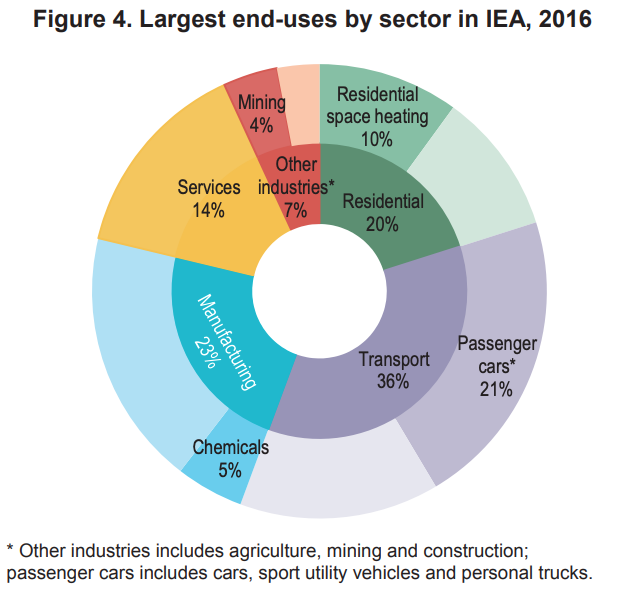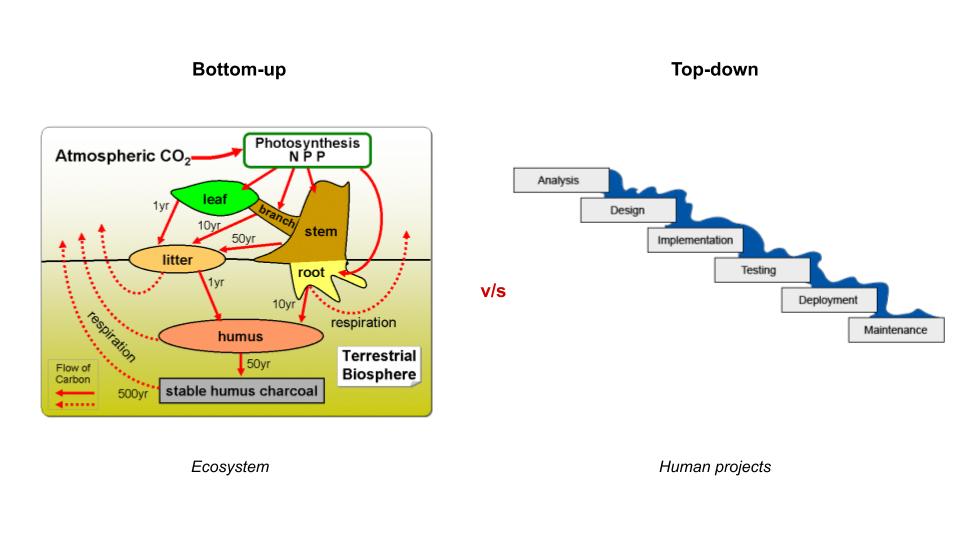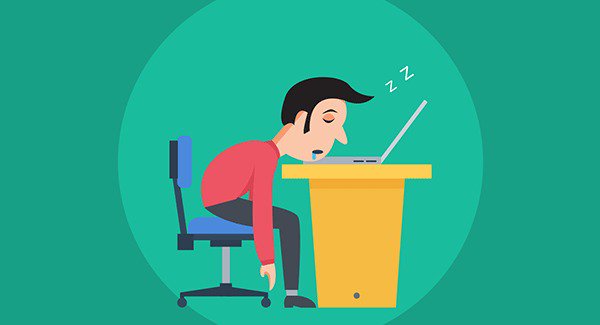For me, the point of reading books is to not remember the facts but to form useful mental models that I can deploy in my future thinking.
Rest of this thread will be from the point of view of using books to build new mental models or strengthen/modify existing ones.
- It's OK to drop books in between, if you're not gaining anything from it. Remember: the point is not to finish books, but to learn.
Reading != learning.
Learning happens when you've digested and internalized the idea from many angles, and have made it your own. That takes an active effort beyond reading.
What works for me: summarizing key insights and ideas from the book in my own words. Just copy-pasting or typing underlined sentences is not enough.
Your notes create value for others too if you blog/tweet them:
But remember: the point is not to finish books but to build new mental models. As a thumb rule: spend as much time writing your notes (in your own words) from the book as you'd spend reading it.
It's damn convinient for the brain to chew on 'How to do XYZ' books one after another. Majority of books in the business section belong to the easy category. Know that they have diminishing returns.
A simple heurestic to know whether a book was good: are you thinking differently about the world after reading it? If not, the book was mental junk food.
If there's any other question where you can use an additional perspective, let me know. I'll try offering my perspective.













